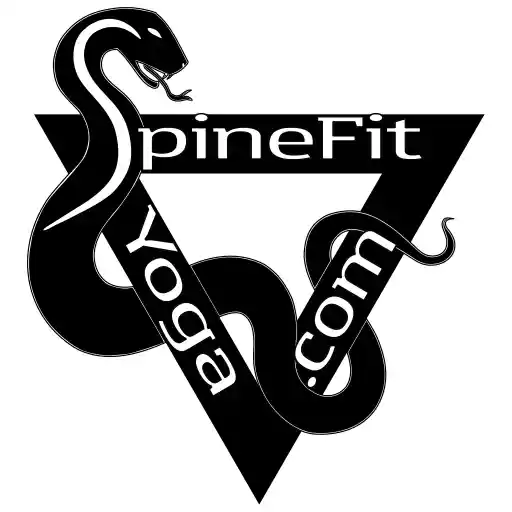I read a lot of books and research about a lot of topics, and at the suggestion of a physician friend of mine who has his own blog, I’m creating mine to share some novel things that I have learned. I hope to explain a bit about how I treat patients and what has influenced me, as well as summarize new findings that may shape my treatments in the future.
I remain competitive in sports and a few years back, in order to improve my competitive shooting, I read a number of books on motor learning, development of expertise, and ways to optimize practice schedules to get the most out of them. One of the more interesting books I came across was Expertise and Expert Performance edited by K. Anders Ericsson which had chapters on developing expertise in a wide range of areas including sports, music, surgery, and even chess. I found the chapter on chess particularly interesting, not because I care about chess, but because the way a person becomes an expert at chess is a little different than the way one improves in motor activities. For typical sports and music, elite levels can be reached by 10,000 hours of practice, yet mastery of chess was largely correlated with not just playing time, but the size of the player’s library. Just reading about others player strategies made for a better chess player. This got me thinking more about how to apply this to physical therapy. I believe reading more about various conditions and treatments (be they things I agree with or things I don’t) makes for a more effective therapist.
I thought it might be good to share what I have found from pertinent studies, perhaps review some classic and new books, and talk about new studies I read as I attempt to further my knowledge. This blog will be my outlet for sharing my findings about physical therapy as well as debunking what I see as myths within the profession. As Ludwig Börne said, “one becomes wiser by losing an illusion than by discovering a truth”. My goal is to get people to think about their treatment options, and possibly save readers scarce health care dollars on what can be both expensive and ineffective treatments.
I think optimal recovery comes from respecting the healing process, teaching patients to avoid pathological stresses through rest and postural alignment, and walking the tightrope of restoring function through sound principles of exercise and rehabilitative science. Regarding passive modalities, the only one I am aware of that has consistent and substantial beneficial effects is electric muscle stimulation (EMS), and that’s because when properly applied it’s not very passive and is really a form of exercise in itself. The EMS works to decrease pain while at the same time increasing muscle strength, all while putting minimal stress through aggravated joints. There has been a resurgence of research with regards to EMS, improved technology, combined with considerable lessening of expenses with the devices in recent years making it a cost effective aid in recovery in a number of conditions.
What motivates me most is seeing my patients recover to live more active lives, knowing that the resolution of seemingly simple problems in the short term has wide reaching health benefits years down the road.
Thanks for reading my blog. If you have any questions or comments (even hostile ones) please don’t hesitate to ask/share. If you’re reading one of my older blogs, perhaps unrelated to neck or back pain, and it helps you, please remember SpineFit Yoga for you or someone you know in the future.
Chad Reilly is a Physical Therapist, obtaining his Master’s in Physical Therapy from Northern Arizona University. He graduated Summa Cum Laude with a B.S. Exercise Science also from NAU. He is a Certified Strength and Conditioning Specialist, and holds a USA Weightlifting Club Coach Certification as well as a NASM Personal Training Certificate. Chad completed his Yoga Teacher Training at Sampoorna Yoga in Goa, India.

Leave a Reply